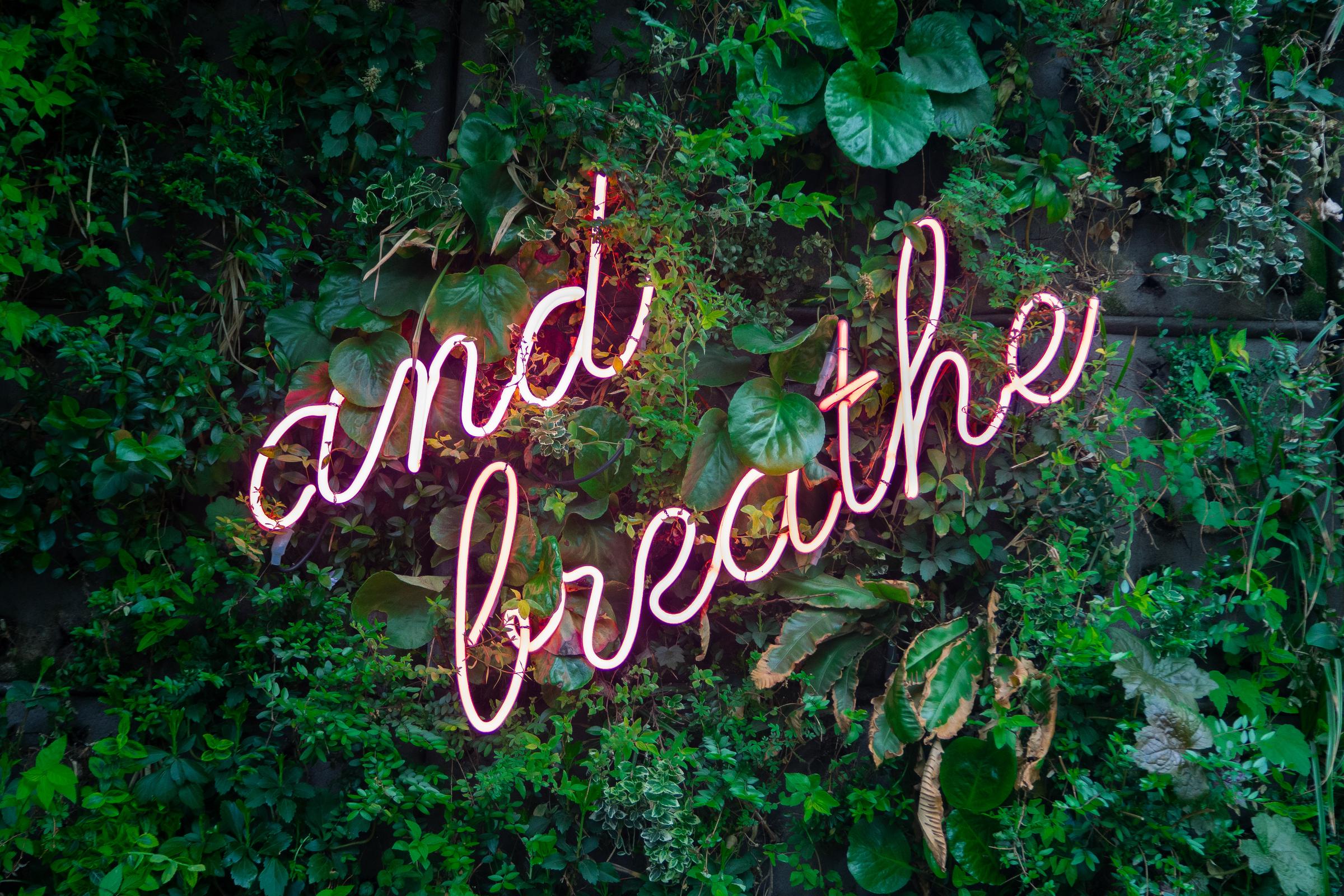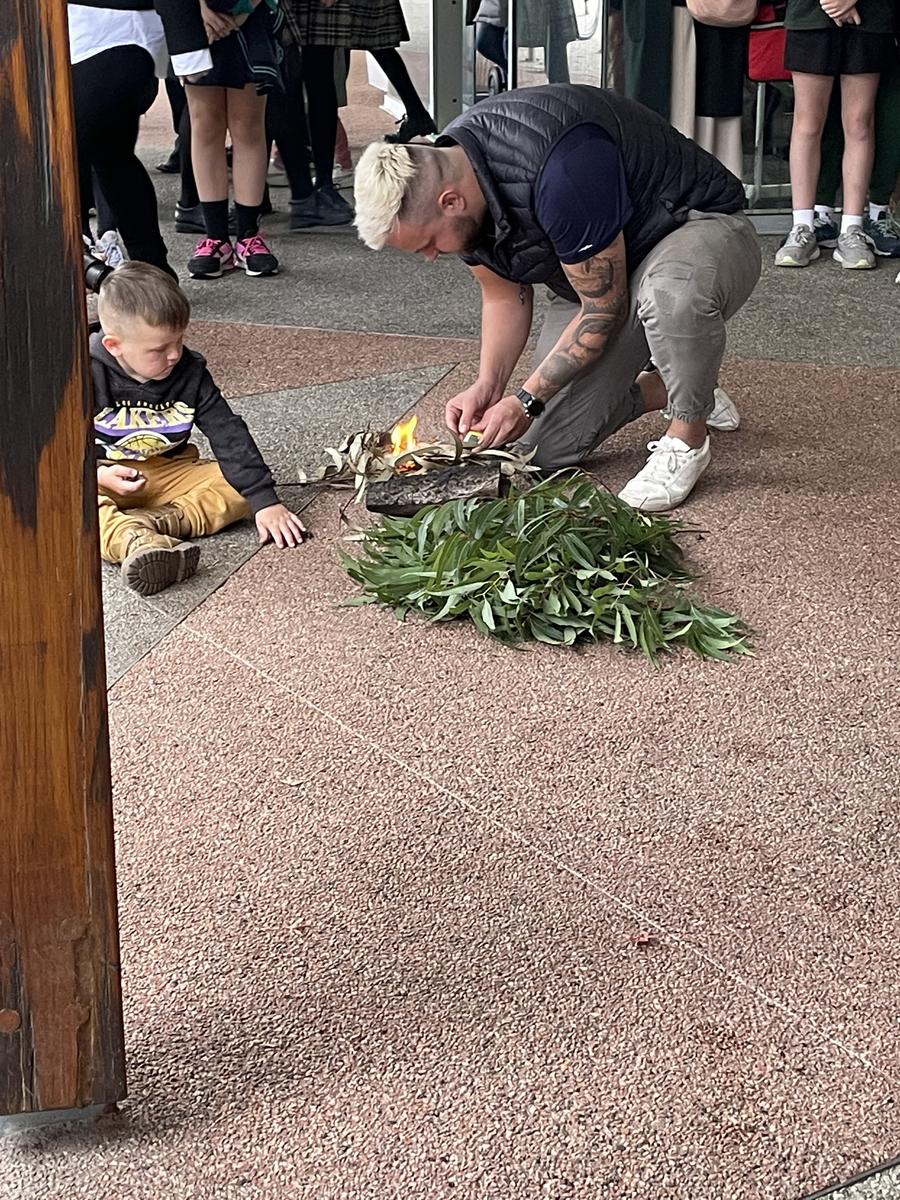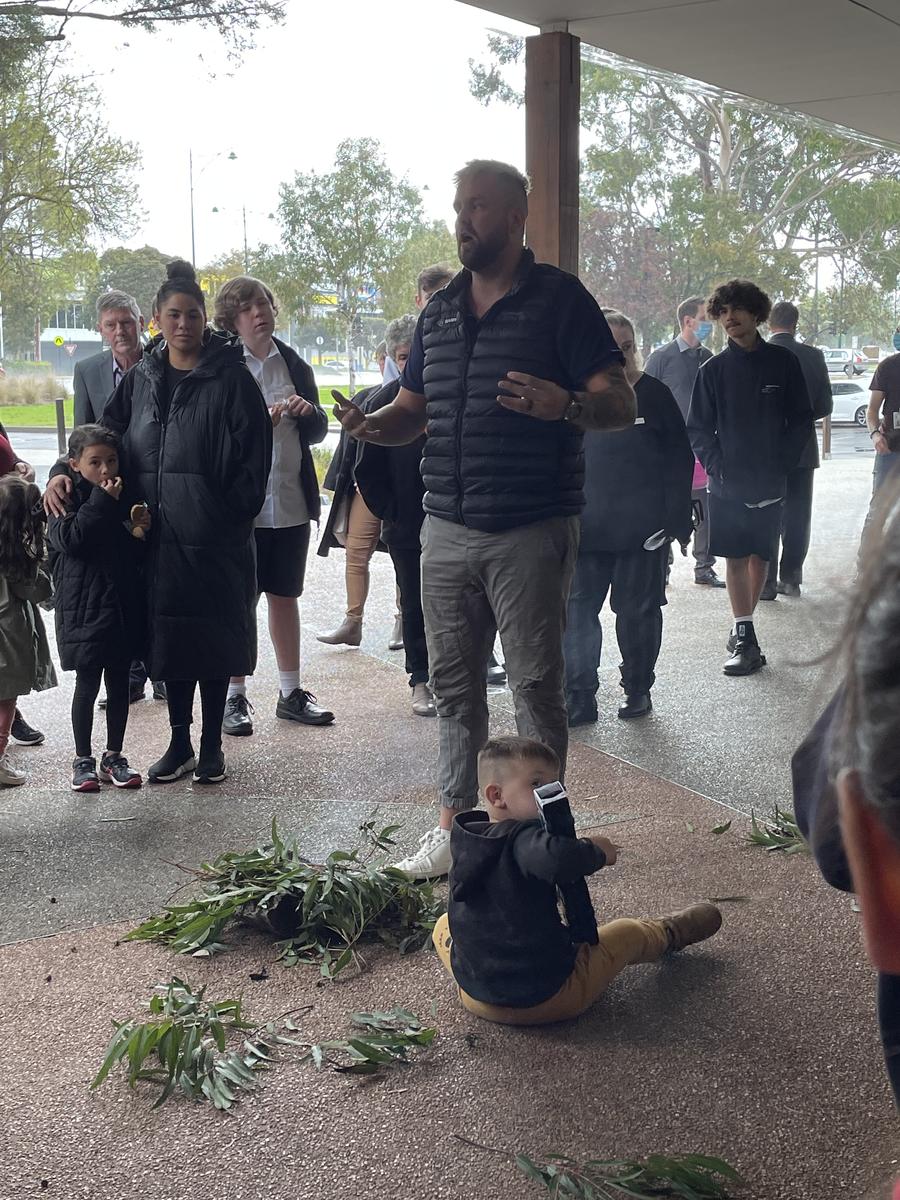Wellbeing & Engagement
Today is a great day to be you!

Wellbeing & Engagement
Today is a great day to be you!


As with all other school communities, our hearts go out to the families affected by the recent tragic events at a primary school in America. These incidents should simply never happen. Your children (if they are aware of the event) may have questions. It is perfectly normal for them to be curious, and also perfectly normal for them to feel sad. You are your child’s first teacher, and you know your child best - you will know how much information to share. Actively listen, be patient, be honest and be open to their questions - and give them a hug.
Through your conversations, one thing we ask is that you ensure your child knows that they are very safe at school. It is always devastating to hear of overseas events such as this one; however, these events can also provide perspective and open our students’ eyes to how lucky we are to go to school in Australia. Reassure your child that their safety and wellbeing is always our number 1 priority, and how fortunate we are to belong to a safe community who always look out for each other.
If you feel your child has been affected by the news, or any other challenging events going on around the world, please encourage them to talk to a trusted adult (including us at school!) - we are all here to help. Asking for help is such an important life skill and one we always need to encourage.


We have been notified by a few families that unfortunately many cars are travelling above school zone speed limits before school and after school, especially up to the Munro St school gates. Students are being dropped off and picked up in the middle of the street, doors are flying open, and cars are reversing out of driveways with kids walking behind them.
I also had the fun job of filling in as crossing supervisor on Purches St last Friday afternoon (you never know what this role might bring!), and witnessed a few parents calling out to their kids to run across the road to meet them, instead of using the crossing. These are behaviours we should not be seeing, as it would be horrible for any avoidable and unnecessary accidents to occur.
We are currently working with the Whitehorse City Council as part of our Active and Safe Schools Initiative to improve safety around the school, which will hopefully include new signage and a program to encourage more walking to school (and therefore, less cars on the surrounding roads). But in the meantime, please be respectful of the road laws, look out for students and support them by modelling correct behaviours.
Over the past two weeks, I have been visiting the Year 4, 5 and 6 classrooms to conduct the Student Attitudes to School Survey with our senior students. This is an annual DET survey that aims to give students a voice and provide them with an additional opportunity to contribute towards improvements in engagement, wellbeing and high quality instruction at Rangeview. It is an important source of data for the school, as we are striving to embed student voice and agency through everything we do. The direct feedback from the students allows us to identify current strengths, as well as future areas for growth and innovation.
When we receive our results, the school leadership team will work through them to identify improvement areas and set future goals - a process which will involve further consultation with our student leadership team. We deeply value the thoughts and opinions of our students and this is another great avenue to promote their ‘voice’ in the school.
This week is National Reconciliation Week. These dates commemorate two significant milestones in the reconciliation journey— the successful 1967 referendum (27th May), and the High Court Mabo decision (3rd June).
The 2022 theme is “Be Brave. Make Change”. The week is a time for all Australians to learn about our shared histories, cultures, and achievements, and to explore how each of us can contribute to achieving reconciliation in Australia.
Students across all levels will explore age-appropriate activities to recognise National Reconciliation Week and learn more about what we can do everyday as we strive to achieve equity, inclusion and fairness for all.


Prior to National Reconciliation Week beginning, last Thursday May 26th was National Sorry Day. This is held each year to commemorate the Aboriginal and Torres Islander people who were forcibly removed from the families and homes. They are referred to as ‘The Stolen Generation’.
The inaugural National Sorry Day was held on 26 May 1998. Ten years later in 2008, former Prime Minister Kevin Rudd made a formal National Apology to Australia’s Stolen Generations. Events are held around Australia to highlight the significant step forward in reconciliation.
Last Thursday, Miss Bell and Miss Tomkins attended a flag raising and smoking ceremony held at Whitehorse City Council. We will continue to mark these important events throughout the year in classrooms and as a whole school community.








The next presentation from The Resilience Project is all about Empathy and Kindness.
Empathy is our ability to put ourselves in the shoes of others to feel and see what they do. We practise this through being kind and compassionate towards other people.
Brain imaging data shows that being kind to others registers in the brain as more like eating chocolate than like fulfilling an obligation to do what’s right (e.g., eating brussel sprouts)! Research shows that practising empathy, such as performing acts of kindness, taps into our brain’s ‘mirror neurons’, builds compassion and our behaviour becomes more social and community-based.
View Part 3 of the series here - Empathy
https://theresilienceproject.com.au/parent-and-carer-hub-hugh/
Here’s an activity to practise empathy and kindness:
Sources: Psychology Today, UC Berkeley, Greater Good Science
For mental health resources and support information, visit The Resilience Project’s Support Page.
Liam Sommers
Acting Assistant Principal
Wellbeing and Engagement